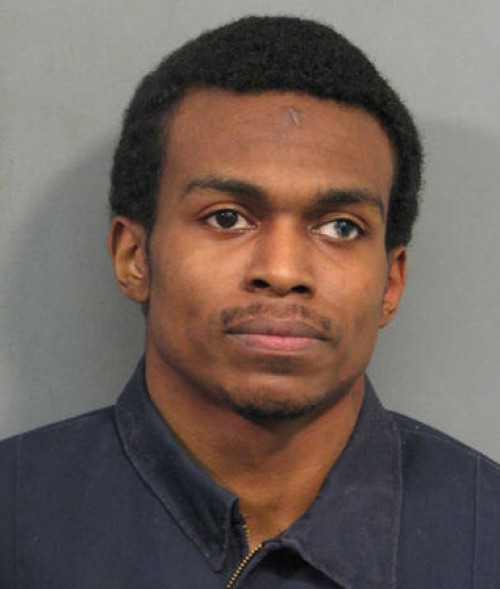Status quo defenders challenge education reforms in court
December 4, 2012Local essayist wins D.C. trip
December 4, 2012From the moment detectives first saw the lifeless body of Robert LeCompte lying on the blood-stained floor of a South Hollywood Road dance club, they knew the case would be unlike most they have encountered.
“It was difficult because it was going to be a whodunit,” said Terrebonne Parish Assistant District Attorney Jason Dagate, who is credited with fine-tuning aspects of the case that led to the Friday conviction of Jorell Young, 26, for the murder of LeCompte, who was the manager of the bar, called the Drama Club. Young now faces a mandatory life sentence with no possibility of parole.
LeCompte was killed in the early morning hours of Dec. 25, 2009.
Detectives had identified Young, a former employee of the bar who was intimately acquainted with its owner and several employees – including LeCompte – as a suspect early on in the killing. But it was not until Young’s former girlfriend, Darkus Baker, supplied physical evidence and her recollection of Young’s confession to her that enough of the pieces fit together for the puzzle to be solved.
Baker’s assistance led to alleged threats from Young’s mother, sister and girlfriend, according to prosecutors, who filed charges against all three.
Nellie Young, 48, the defendant’s mother, and 27-year-old Cateria Young, his sister, were arrested in the courtroom and booked on charges of intimating, impeding or injuring a witness.
The girlfriend, identified in court papers as Desiree Pitre, 27, is being sought but has not yet been apprehended. A warrant was issued for her arrest.
“I will cut you up in little pieces and make (your baby) eat you,” court papers quote Nellie Young as having said to Baker.
As of Monday, the Young women are being held on bonds of $100,000 each.
During the trial jurors were told that Young stabbed LeCompte as many as 13 times with a screwdriver, and that his motive was robbery. More than $3,000 went missing from the club.
Although Young was charged with first-degree murder, he did not face the death penalty.
Rhodes said that decision was made after consultation with LeCompte’s family members.
“In a capital case it can take 15 years to bring somebody to justice,” he said. “Those are always very difficult decisions.”
Despite the number and severity of the screwdriver wounds, detectives and prosecutors said there were no indications that the crime was committed out of passion, or for any reason other than robbery.
“We felt it was more what happens when you take an inferior object and attempt to use it as a weapon,” Rhodes said.
Detectives were comfortable with their early assertion that Young was the killer, Rhodes said, because of words the then-suspect himself had uttered.
Asked who might want to kill LeCompte, who was known as a gentle and jovial man with no enemies, Young allegedly told detectives that “somebody with AIDS” would have done it.
That was significant, prosecutors and detectives said, because a note had been found under LeCompte’s body, with the words “You gave me AIDS” written on it.
There was no public knowledge at the time, Rhodes said, that the note existed.
The most important clue to developing the case, however, was the clear indication that as LeCompte closed up the bar at 2 a.m. on that Christmas morning, Young was the last person known to be there.
Much of that information, said Terrebonne Sheriff’s Office Det. Terry Daigre CQ, who led the investigation, came as the result of unflagging help from witnesses. He credits unprecedented cooperation from members of the parish’s normally shy – and sometimes distrusting – gay community, who were interviewed and re-interviewed as other suspects were considered and eliminated, with further nailing down of important details.
The way police handled the investigation, their courtesy toward witnesses and the dedication displayed, friends of LeCompte said this week, went a long way toward building new bridges of trust with local authorities.
“Terry Daigre is one of the finest police officers I have had the pleasure of meeting,” said Drama Club owner Randy Chestnut. “Working this case he proved himself to me to be an all around fine man and a dedicated police officer. He always stayed in touch and let me know they were out there working.”










